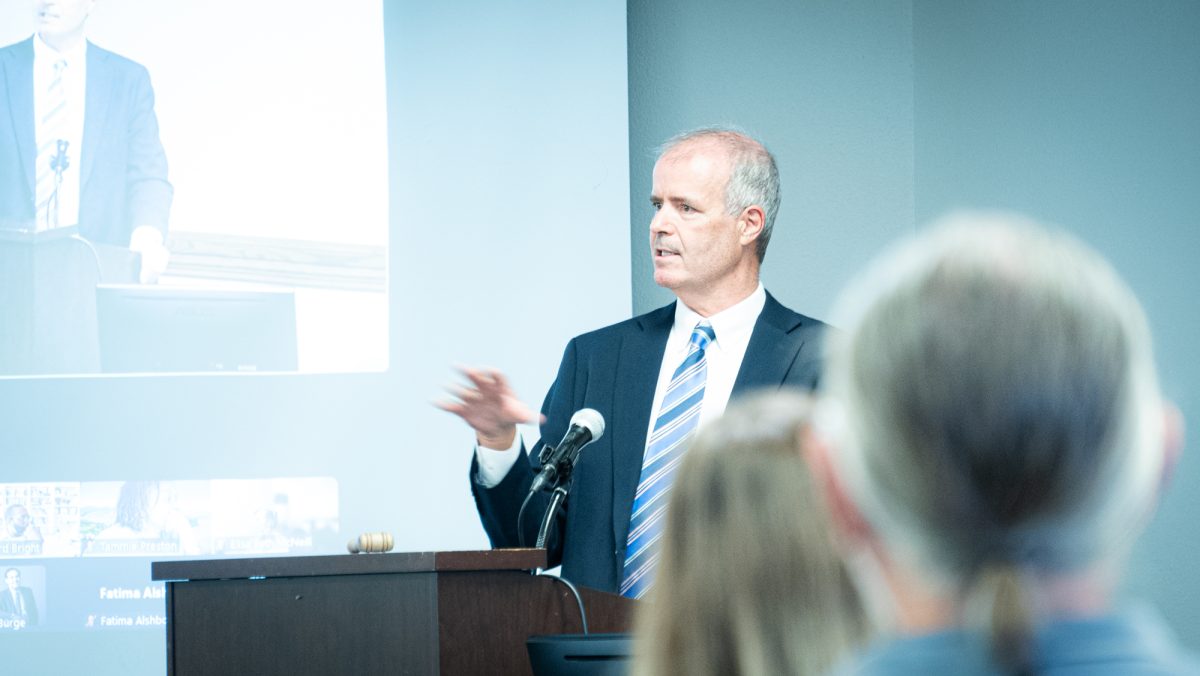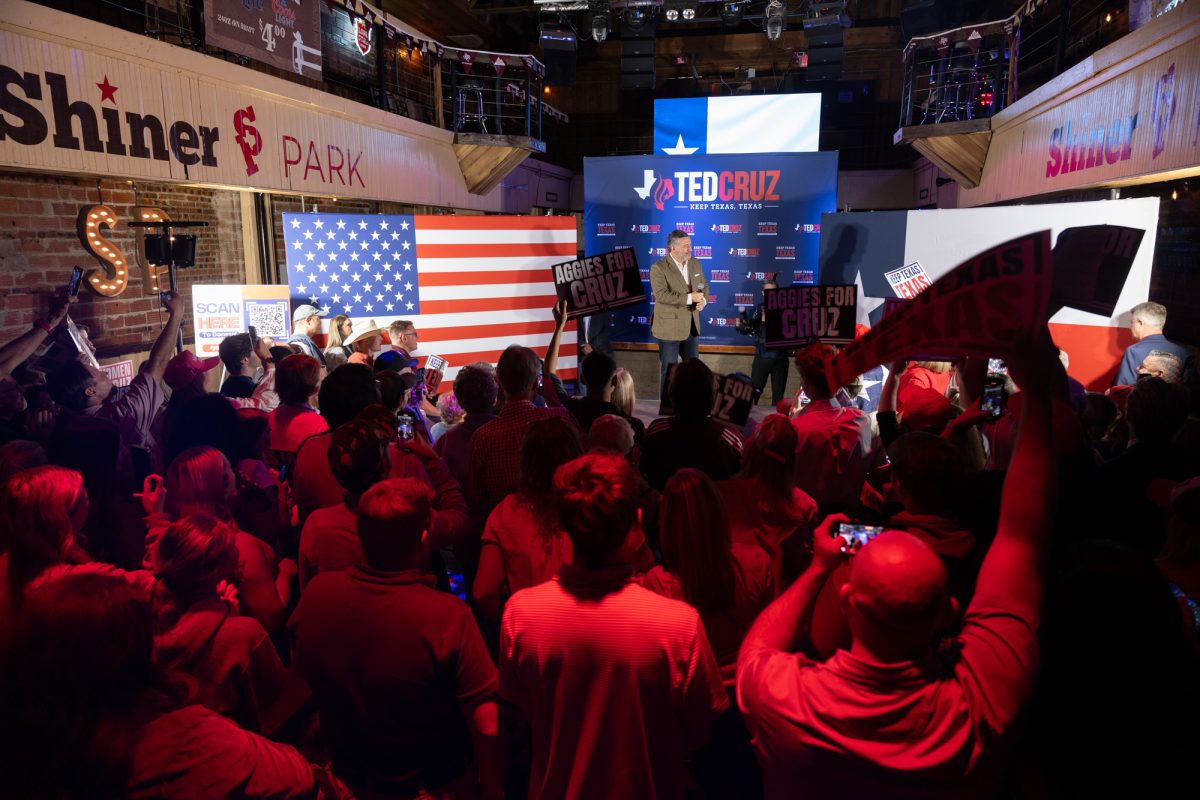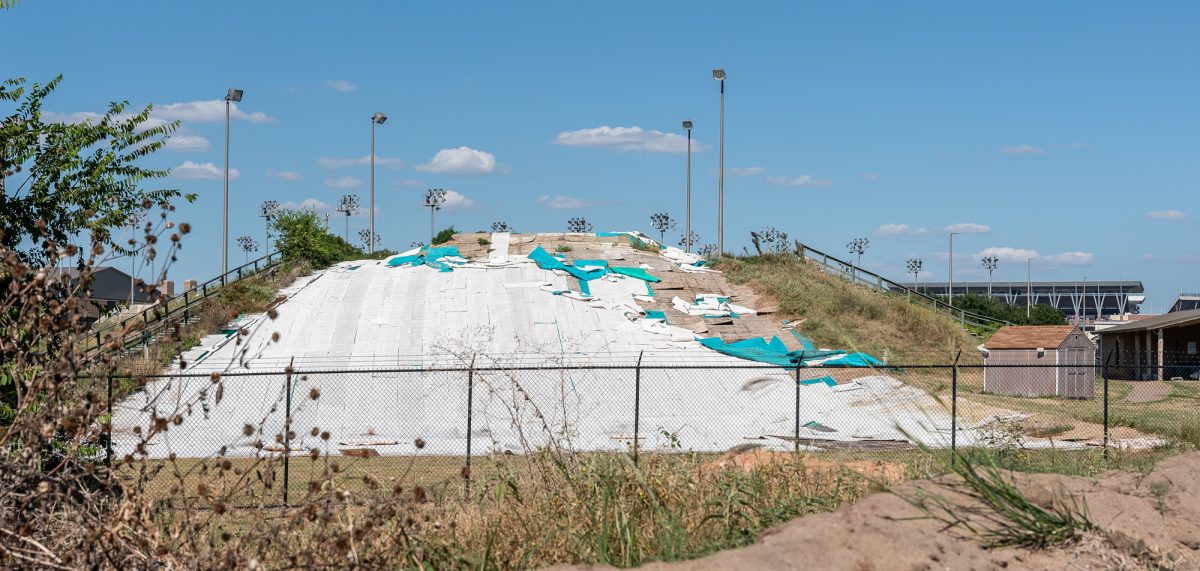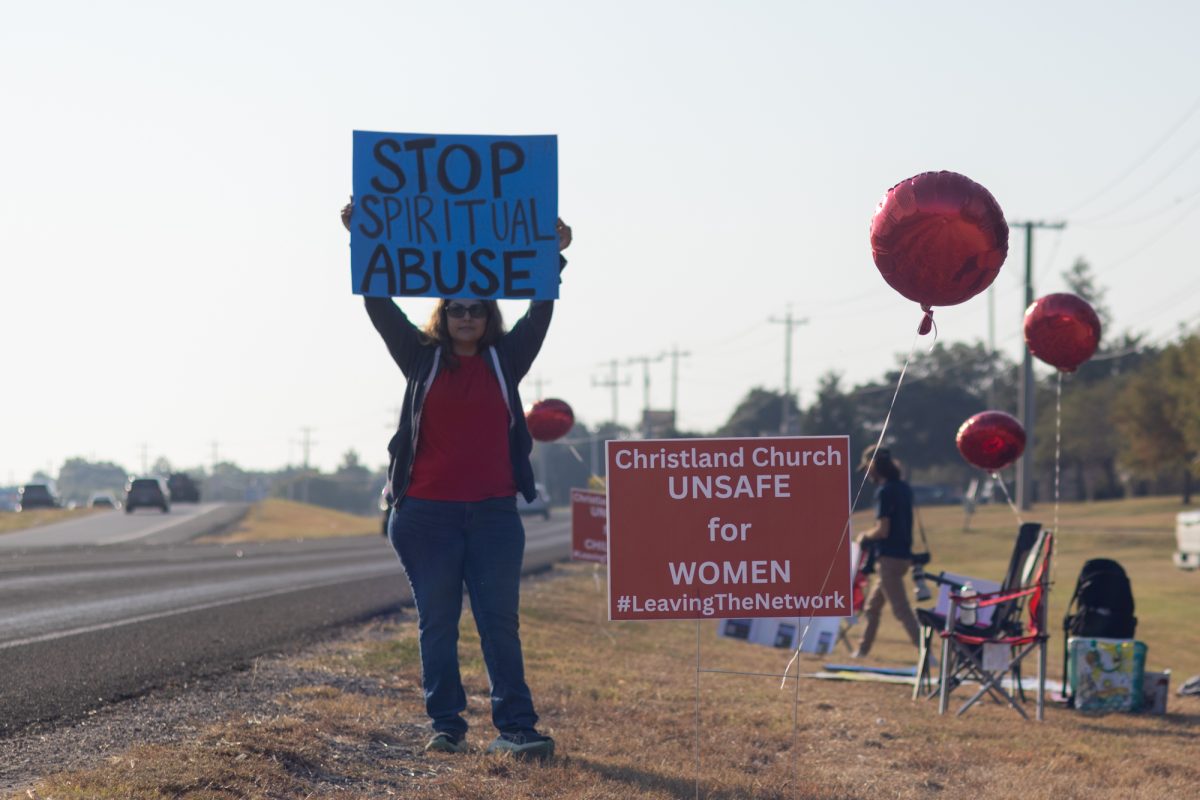In another protest to raise awareness of net neutrality, entertainment websites such as Netflix, Reddit and Vimeo used loading animations on their sites Wednesday to highlight the potential problems with “Internet slow lanes.”
The protest was a response to a proposed set of rules by Tom Wheeler, chairman of the Federal Communication Commission that would allow broadband internet providers to charge certain content producers like Netflix and YouTube to use a data “fast lane.”
“First and most fundamentally, opponents see this as the first step in an effort to eliminate net neutrality as a guiding principle of the Internet,” said Brian Holland, Internet and technology law professor at the Texas A&M School of Law. “They worry that permitting certain for-profit companies to determine what data is treated most favorably could distort both markets and, potentially, democratic functions.”
James Cho, communication graduate student, said the question of net neutrality should matter to students because these rules could determine the speed that students can access websites and services from their laptops, tablets and smartphones.
“We use the Internet in our daily lives for study, work and to connect with friends and service opportunities,” Cho said. “The outcome of the net neutrality issue will determine whether or not ISPs can choose how quickly we can access websites and services through our laptops, tablets and smartphones.”
While there weren’t any actual slow-downs on Wednesday, the participants of the demonstration displayed messages such as, “If there were Internet slow lanes, you’d still be waiting,” and allowed individuals to sign a letter to be sent to the FCC, Congress and the White House.
Holland said the issue of net neutrality became mainstream after the FCC chairman proposed a plan that would open the possibility for “Internet fast lanes,” or the ability for service providers to charge content producers for special access to consumers at faster speeds. To net neutrality advocates, this undermines the principle that Internet use should be fair and equal for all.
“The Internet was essentially designed as a ‘neutral’ network, meaning that all information travels across the network equally, without regard to its nature, source or content,” Holland said.
Holland said the new rules could raise serious concerns for free expression.
Cho said the protest is largely to raise awareness that the Internet’s mode of free expression may be in danger.
“The protests are largely to raise awareness of net neutrality, but also to demonstrate support for treating all data online equally,” Cho said. “In other words, data from certain websites or services shouldn’t be faster than data from others sources.”
Protesting sites encourage consumers to write to Wheeler before the public comment period ends Monday. Holland said students interested in net neutrality and the new rules proposal can educate themselves on the issue by reading news stories and material from net neutrality groups such as FightForTheFuture.org and TechFreedom.org.
Entertainment websites protest ‘slow lanes’
September 10, 2014
0
Donate to The Battalion
Your donation will support the student journalists of Texas A&M University - College Station. Your contribution will allow us to purchase equipment and cover our annual website hosting costs.








